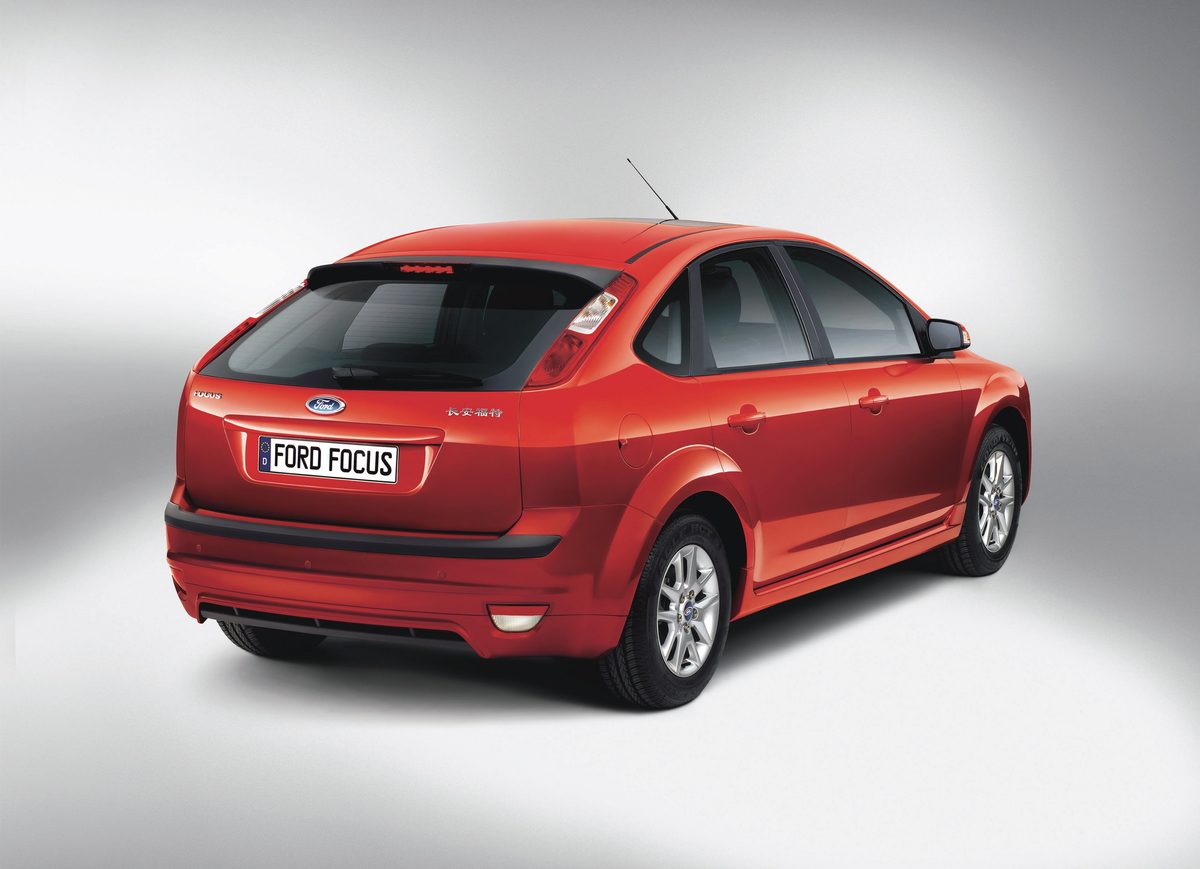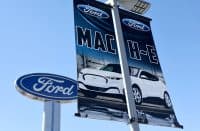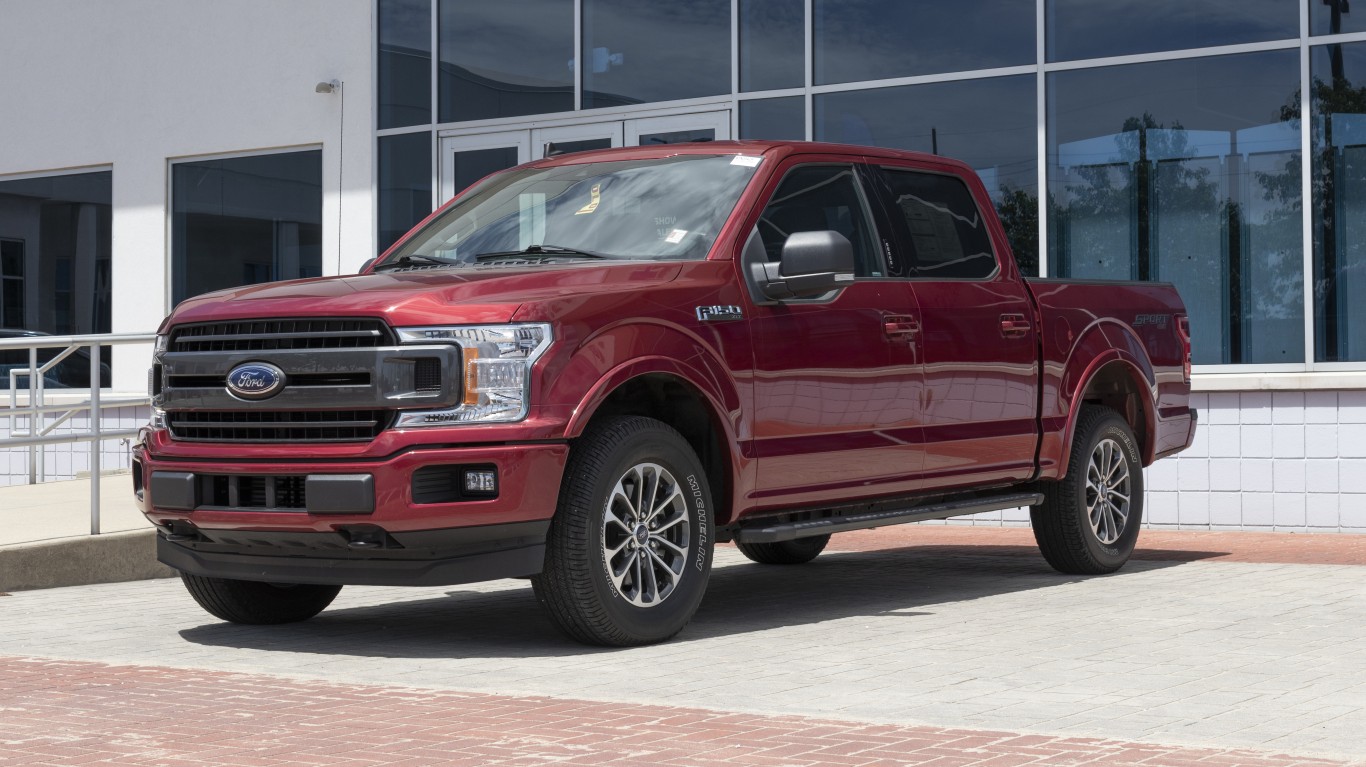Car maker General Motors Co. (NYSE: GM) saw flat year-over-year sales in the month of June in China. Ford Motor Co. (NYSE: F) did not fare much better, with a miniscule 0.1% year-over-year gain in sales last month. Reuters pointed the finger to China’s slowest economic growth in 25 years.
Many large multinational companies, including Ford and General Motors, battle market saturation. They pin their hopes on emerging economies for expansion plans. However, eventually the emerging markets will morph into developing economies, which behave in a normal up-and-down fashion. The current slowdown in the Chinese economy may serve as an indication that the nation is entering the beginning stages of becoming a more developed economy.
Moreover, car makers face a huge amount of competition in China. Despite popular opinion, too much competition does not bode well for businesses and their shareholders. Competition drives prices, and subsequently margins, lower. Chinese competitors flood the market with cheaper sport utility vehicles (SUVs), in which the Chinese currently show a higher interest. GM cut prices in response, but demand fails to tick upward. Ford is hoping that a new SUV and sedan lineup will boost sales in the region.
Another headwind that U.S. and Chinese car makers doing business in China face are China’s remaining elements of a command economy. Air pollution has become a serious issue in China, compelling the nation’s government to put the skids on smog by telling the population that they cannot drive their cars on a particular day.
According to a China.org.cn, Beijing implemented a “car restriction” to curb smog in the city on July 6. The license plate numbers determine whether citizens can drive their cars in the city. If a citizen happens to own a car with an unfavorable license plate on that particular day, then the car stays parked. Citizens, wary of retribution from their government, may quit buying cars and go to other modes of transportation. This particular headwind could get worse as China’s industrialization continues.
ALSO READ: Will Shanghai Crash Like Nasdaq Did in 2000 and 2001?
Thomson/First Call has a mean analyst target price pegged at $42.63 per share for General Motors, representing a roughly 37% increase from its current stock price.
For Ford, the mean target price is $17.35 per share, or roughly a 21% increase from its current stock price.
Travel Cards Are Getting Too Good To Ignore (sponsored)
Credit card companies are pulling out all the stops, with the issuers are offering insane travel rewards and perks.
We’re talking huge sign-up bonuses, points on every purchase, and benefits like lounge access, travel credits, and free hotel nights. For travelers, these rewards can add up to thousands of dollars in flights, upgrades, and luxury experiences every year.
It’s like getting paid to travel — and it’s available to qualified borrowers who know where to look.
We’ve rounded up some of the best travel credit cards on the market. Click here to see the list. Don’t miss these offers — they won’t be this good forever.
Thank you for reading! Have some feedback for us?
Contact the 24/7 Wall St. editorial team.




